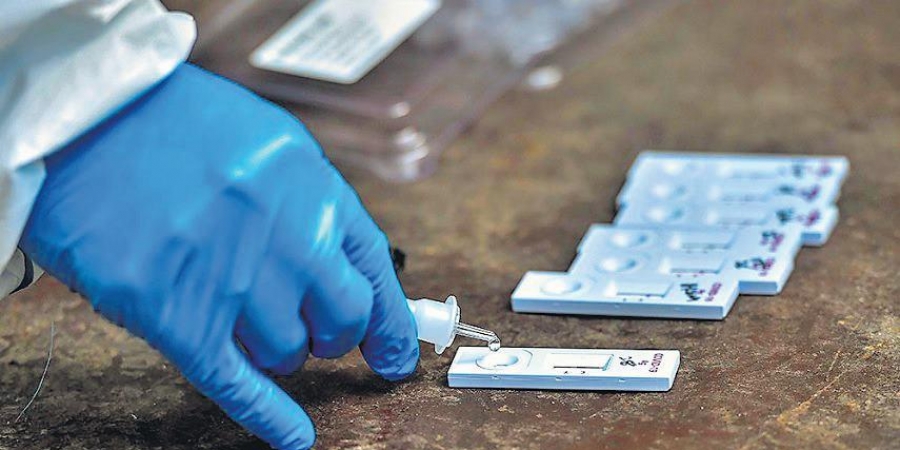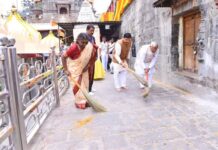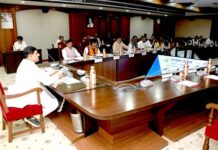
The Sree Chitra Tirunal Institute for Medical Sciences and Technology (SCTIMST) in Kerala has developed a new RT-PCR kit that they claim has a higher accuracy in detecting Covid-19 by using a gene that is less likely to mutate.
The Indian Council of Medical Research (ICMR) has approved the kit for use.
It was found to be 97.3 percent sensitive and 100 percent specific when tested at the National Institute of Virology-Pune, indicating that it is unlikely to produce any false positives and only has a 2.7 percent chance of producing a false negative.
SCTIMST has already signed a non-exclusive licence agreement with Huwel Lifesciences, a biotech company, to scale up production.
The probe in the RT-PCR kit targets these specific fragments or genes and attaches with it to detect it. RT-PCR tests amplify the genetic material of the virus found on swab samples, extract it, and check for specific fragments to give a positive or negative report. SCTIMST’s test uses probes against the RdRp and ORFb-nsp14 genes of the Sars-CoV-2 virus, which causes Covid-19.
The results of an RT-PCR test are influenced by mutations in the virus’s commonly used S, R, and N genes. Changes in the spike protein of B.1.1.7 (first discovered in the UK), for example, caused probes for the S gene to fail.
“Various studies have shown that RdRp and ORF1b-nsp14 genes are more sensitive in detecting Covid-19,” according to institute researchers.
The ORFb-nsp14 gene is one of the virus’s least mutated genes, but no kits with probes for it are currently available on the market.
The kit developed by SCTIMST also has a faster turnaround time. The kit amplifies all three genes in a single reaction, which takes 45 minutes in addition to the 30 minutes it takes to extract RNA from the patient’s swab sample. A typical RT-PCR takes between five and six hours to complete.
“This unique RT-PCR kit will be a significant weapon in our fight against Covid-19 by a facile detection of SARS-CoV-2 mutations which are becoming increasingly important,” Prof Ashutosh Sharma, secretary, department of science and technology, said in a release.









